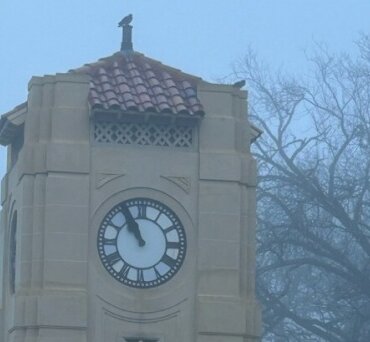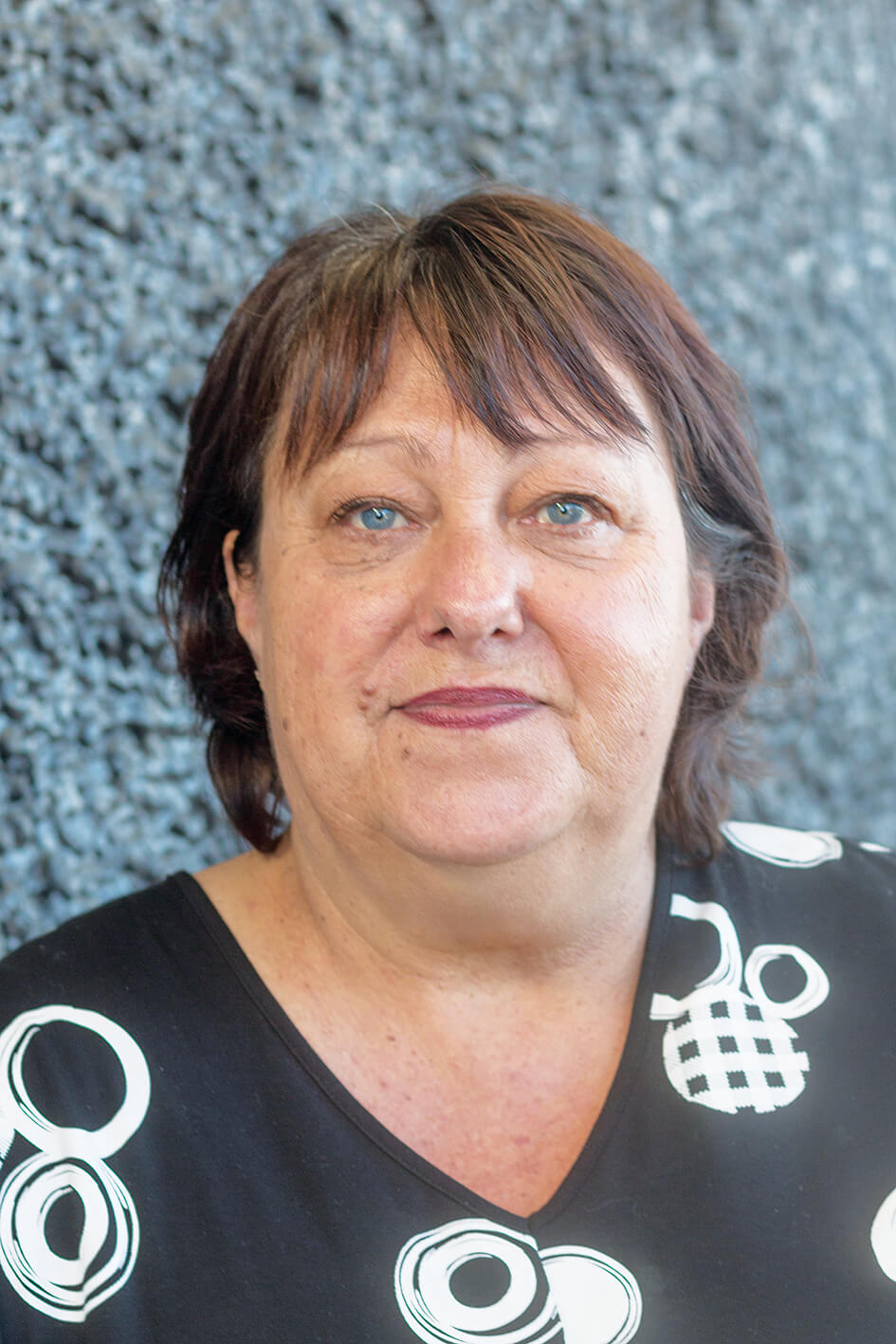
People are sleeping in vehicles in the shadow of Cambridge’s town clock.
Cambridge businesses are calling on the council to solve the issue of people sleeping in vehicles in the town centre.
Residents had complained about instances of people getting changed in public and leaving their washing in the shadow of the town clock tower to dry.
One of the many vehicles parked around the green had not moved for nine weeks until the day The News spoke to police about the issue. It moved, but it was soon back.
Cambridge Community House whānau support team leader Jamie Kerr is working with a handful of homeless people sleeping in the central business district.
“They are homeless for a number of reasons,” he said.
The 2023 Census revealed more than 110,000 people were “severely housing deprived”. In June an advocate for homeless people, Aaron Hendry, spoke of “an escalating crisis”.

Kelly Bouzaid
Cambridge Chamber of Commerce chief executive Kelly Bouzaid wrote to Waipā District Council strategy manager Kirsty Downey and regulatory services manager Wayne Allan concerning “rough sleepers” in Jubilee Gardens and Lake Street over the last two months.
“The occupation of a central public space, in full view of both residents and visitors to our town centre, has raised concerns from members, businesses, and the wider community,” Bouzaid said.
“We understand that under the Local Government Act provide councils with the ability to act where there is an issue of nuisance on public land. The possibility of invoking these provisions to issue a ‘move on’ direction appears to be one of the limited mechanisms available in this case.”
Bouzaid said the situation brought into sharp focus the wider question of how Waipā District Council wished to manage issues of freedom camping and semi-permanent occupation within central business districts.
“At present, there appears to be no specific bylaw that provides clear guidance or enforcement options when situations like this arise. We would respectfully suggest that consideration be given to developing such a bylaw, in consultation with stakeholders, to provide certainty both for those charged with enforcement and for the community at large,” she said.
The chamber chief acknowledged the sensitive balance between individual rights and community expectations.
“We also recognise that enforcement alone will not address the underlying causes of homelessness. Nevertheless, we believe that a framework is needed to ensure our town centre remains safe, welcoming, and fit for purpose for residents, businesses, and visitors alike.”
Bouzaid said she would welcome the opportunity to contribute to any policy development process the council may initiate.








